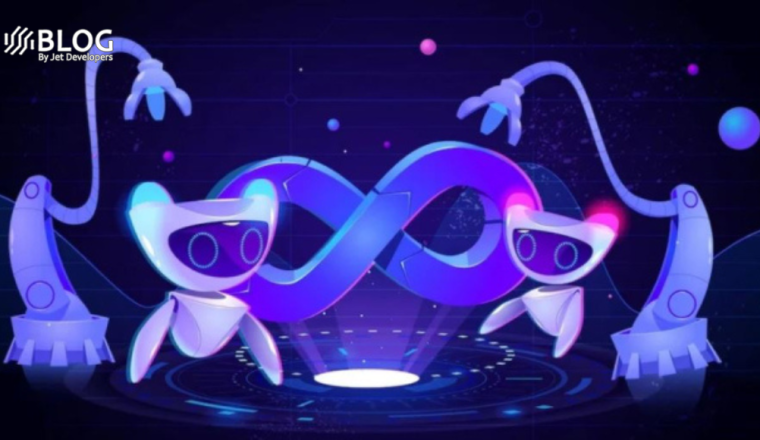Meta Unveils I-JEPA: A Breakthrough Self-Supervised Learning Model for World Understanding
Meta, under the guidance of its chief AI scientist Yann LeCun, has achieved a significant milestone in the development of deep learning systems capable of learning world models with minimal human intervention. The company has recently released the inaugural version of I-JEPA, a cutting-edge machine learning (ML) model that acquires abstract representations of the world through self-supervised learning on images.
Early evaluations have demonstrated I-JEPA’s exceptional performance across various computer vision tasks. Moreover, the model exhibits remarkable efficiency, demanding just a fraction of the computing resources required by other state-of-the-art models during training. In a testament to their commitment to fostering collaboration and advancement, Meta has made the training code and model open source, and they are set to showcase I-JEPA at the prestigious Conference on Computer Vision and Pattern Recognition (CVPR) next week.
The launch of I-JEPA marks a significant step toward the realization of LeCun’s long-standing vision. By leveraging self-supervised learning on vast amounts of unlabeled data, I-JEPA autonomously learns abstract representations of the world, gradually developing a deep understanding of its intricacies. This capability holds tremendous potential for advancing the field of computer vision and revolutionizing various domains that heavily rely on visual data analysis.
Early tests have demonstrated I-JEPA’s prowess across a range of computer vision tasks, showcasing its ability to extract meaningful insights from complex images. Whether it’s object recognition, scene understanding, or image generation, the model consistently delivers impressive results, surpassing existing benchmarks. The breakthrough lies not only in its performance but also in its efficiency. I-JEPA significantly reduces the computational burden, requiring just a fraction of the resources consumed by contemporary models during training. This efficiency paves the way for accelerated research, wider adoption, and more accessible development of advanced computer vision systems.
Meta’s commitment to open collaboration and knowledge sharing is evident in their decision to open-source the training code and model for I-JEPA. By making these resources freely available to the research and development community, Meta encourages innovation and collaboration, fostering a collective effort to push the boundaries of computer vision. This move is expected to facilitate further advancements, as researchers and practitioners can build upon the foundation laid by I-JEPA, unlocking new possibilities and fueling breakthroughs in various real-world applications.
The upcoming presentation of I-JEPA at the renowned CVPR conference highlights the significance of this achievement within the computer vision community. It serves as a platform for Meta to showcase the potential of their self-supervised learning model, garner feedback from experts, and inspire further research and exploration. By sharing their findings and engaging with the community, Meta aims to stimulate dialogue, collaboration, and collective progress in the pursuit of more intelligent and capable computer vision systems.
In conclusion, Meta’s release of I-JEPA represents a significant advancement in the realm of deep learning and computer vision. The model’s ability to learn abstract representations of the world through self-supervised learning on images heralds a new era of autonomous knowledge acquisition. With exceptional performance across computer vision tasks and impressive computational efficiency, I-JEPA opens doors to enhanced visual understanding and analysis. By open-sourcing the training code and model, Meta invites collaboration and aims to accelerate advancements in the field. As I-JEPA takes the stage at CVPR, the excitement and anticipation within the computer vision community are palpable, underscoring the transformative potential of this groundbreaking achievement.



